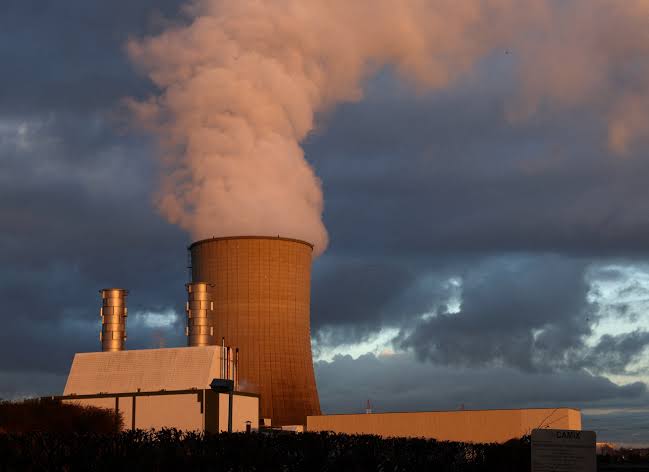Energy-related CO2 emissions reach record high in 2023, IEA reports

The International Energy Agency (IEA) disclosed on Friday that energy-related carbon dioxide emissions surged to an all-time high in 2023, although the pace of growth decelerated compared to previous years due to the persistent expansion of clean technologies.
According to the IEA’s annual emissions update, CO2 emissions from energy sources climbed by 1.1 percent in 2023, reaching a record 37.4 billion tonnes, a slower rise compared to the 490 million-tonne increase witnessed in 2022.
The IEA underscored that the adoption of technologies such as solar panels, wind turbines, nuclear power, and electric vehicles mitigated the global surge in energy-linked CO2 emissions over the past half-decade. Without these advancements, the increase in emissions would have been three times higher, totaling approximately 900 million tonnes.
Last year, over 40 percent of the upsurge in carbon emissions from energy stemmed from severe droughts experienced in countries like China, the United States, and India, among others. These droughts slashed hydroelectric output, compelling utilities to revert to fossil fuels for power generation. Had it not been for these water shortages, global carbon emissions from power generation alone would have witnessed a decline.
In 2023, energy-related carbon emissions escalated in China and India, while advanced economies witnessed a landmark reduction even amidst economic growth. The emissions in these economies plummeted to a 50-year nadir as coal demand plummeted to levels not seen since the early 1900s. Notably, in advanced economies, at least half of the power generated emanated from low-emissions sources like renewables and nuclear energy for the first time.
Despite China’s emissions uptick, the nation installed as much solar photovoltaic (PV) capacity in 2023 as the entire world did in 2022. IEA Executive Director Fatih Birol remarked, “The clean energy transition has endured a series of stress tests over the past five years — and it has exhibited its resilience.” He further emphasized, “A pandemic, an energy crisis, and geopolitical instability all posed potential threats to efforts aimed at constructing cleaner and more secure energy systems. However, we have observed the contrary in many economies.”
The IEA’s report sheds light on both the progress made in transitioning towards cleaner energy sources and the persistent challenges posed by factors such as climate events and global energy dynamics. As the world grapples with the imperative to curb carbon emissions and mitigate climate change, the findings underscore the critical importance of sustained investments and policies promoting the adoption of renewable and low-emission technologies.












